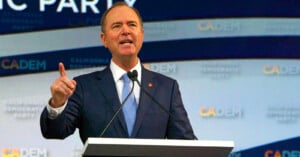
New Bill Would Require AI Companies to Disclose Copyrighted Training Data
A new bill introduced by Rep. Adam Schiff would require all AI companies to disclose the copyrighted works used in training sets or face a fine.

A new bill introduced by Rep. Adam Schiff would require all AI companies to disclose the copyrighted works used in training sets or face a fine.

The United States Copyright Office (USCO) has doubled down on its stance regarding artificial intelligence (AI), stating unequivocally that it will not register works generated entirely by AI.
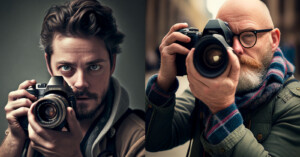
The U.S. Copyright Office has warned that an image generated solely from a text prompt does not qualify for human authorship in fresh guidance released yesterday.
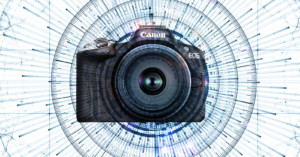
Last month, the United States Copyright Office determined that artificial intelligence (AI) artwork cannot be copyrighted. That's great, but with so much AI being added to cameras, where is the line? When is a photo no longer a photo?
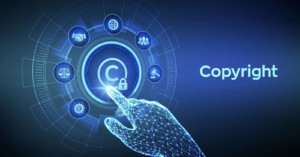
The U.S. Copyright Office has told a federal judge that artificial intelligence (AI) artwork can't be protected.
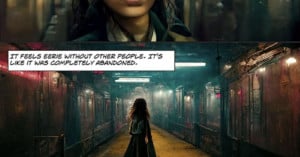
A graphic artist has received the first known U.S. copyright registration for artworks created by an AI-image generator.
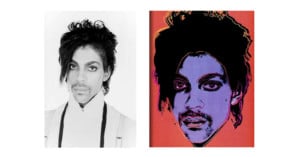
We need to talk about copyright law. Now before your eyes glaze over and I lose you, I promise what I have to say is worth hearing.
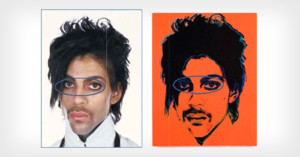
The United States Copyright Office has submitted an opinion to the Supreme Court that argues Andy Warhol's use of Lynn Goldsmith's photo of Prince was not fair use, sharing sentiments with opinions sent by the NPPA and ASMP.
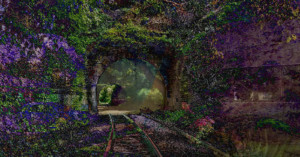
Artificial intelligence has gotten better and better at creating "art" in recent years -- algorithms are now capable of creating convincing "photos" of people and places that do not actually exist. It turns out those AI artworks cannot be copyrighted in the United States with the US Copyright Office.
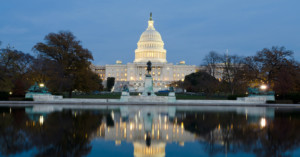
The United States Copyright Office is set to make changes to how it handles small claims which, among other adjustments, cap monetary damages and require a fee to have a case heard. The Professional Photographers of America (PPA) argues this hurts photographers.
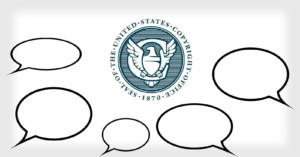
The US Copyright Office is currently doing a study on the "Moral Rights of Attribution and Integrity." Want to play a part in the development of US copyright law moving forward? You can weigh in and share your views on the matter.
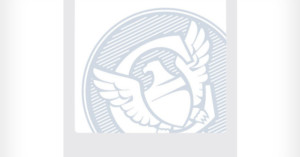
Heads up, photographers: major changes to US copyright law may be just around the corner, and you may or may not like what's being proposed. The US Copyright Office recently published a report titled "Orphan Works and Mass Digitization," which examines and recommends potential solutions for the issues of orphan works (i.e. the use of copyrighted images when the owner cannot be found) and mass digitization (i.e. projects like Google Books that digitize vast amounts of copyrighted works).